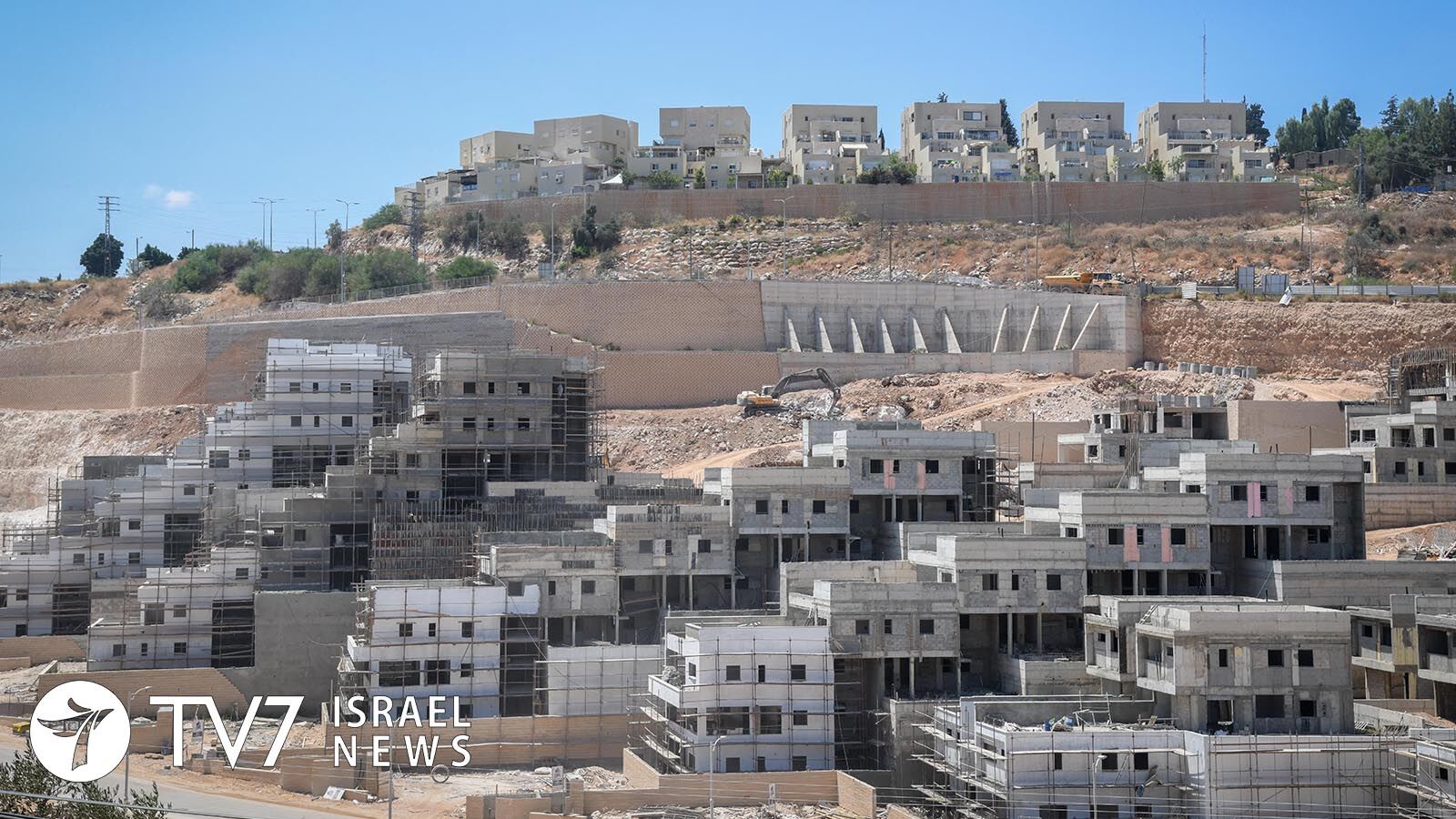The European Union insists Israel’s building of new homes for Jewish residents of Judea and Samaria is “illegal.”
By Erin Viner
The Israel Land Authority published tenders on Sunday for the building of 1,355 new housing units in the Jewish communities of Ariel, Beit El and elsewhere on the territory that was captured by Israel during the 1967 Six Day War.
Israel’s critics refer to the biblical lands of Judea and Samaria as the “West Bank” of the Jordan River, in a nod to Jordanian occupation of the area from 1948 to 1967; and Jewish cities and towns built in the area are labelled “settlements.”
The announcement of tenders is one of the final steps before construction can begin. Israel’s Civil Administration Higher Planning Committee is also expected to discuss proposals for an additional 3,000 homes in the near future, as well as 1,600 housing units for Palestinians.
The European Union responded with a stern statement on Monday, calling on Israel to halt all building for any Jewish residences on the land.
“Settlements are illegal under international law,” reiterated a spokesperson for the EU’s Executive Commission said in a statement, deeming the housing to “constitute a major obstacle to the achievement of the Two-State solution and a just, lasting and comprehensive peace between the parties.”
The EU has consistently made clear that it will not recognize any changes to the pre-1967 borders – including with regard to Jerusalem – other than those agreed by both sides, the spokesperson added.
The Palestinians demand the West Bank for a future state with Jerusalem as their capital. Peace talks brokered by the United States to resolve the Israeli-Palestinian conflict broke down in 2014.
Palestinian Prime Minister Mohammad Shtayyeh condemned Israel’s building announcement and demanded it be rejected by the US and international community. The Palestinian Ministry of Foreign Affairs also reject the plans in a statement asserting that they could have a “catastrophic impact on chances to make peace on the basis of the Two-State solution and on regional, US and international efforts to build confidence between the Israeli and Palestinian sides.”
The administration of former US President Donald Trump recognized Israeli sovereignty over Jerusalem and the Golan Heights (the latter of which was captured from Syria also in 1967), while stating that building in the West Bank was not an obstacle to a future peace accord with the Palestinians. Most other countries, however, regard Israeli building on these territories as “illegal.”
US President Joe Biden is expected to assume a harder line against Israeli building. The State Department issued a statement cautioning that the latest tender announcement could harm efforts to revive the peace process by increasing tensions with the Palestinians.
The move may also upset the diverse coalition led by Israeli Prime Minister Naftali Bennett. While Jerusalem Affairs, Housing and Construction Minister Zeev Elkin of the rightwing New Hope faction welcomed the development, Health Minister Nitzan Horowitz told the public Kan radio broadcaster that his leftwing Meretz faction “will explicitly not agree to actions that will harm the chances of reaching a solution” with the Palestinians.
Foreign Minister and Alternate Premier Yair Lapid told his centrist Yesh Atid party, however, that while the government he formed with Bennett’s nationalist Yamina faction earlier this year will not establish new settlements, it will allow for the “natural growth” in already existing communities.
